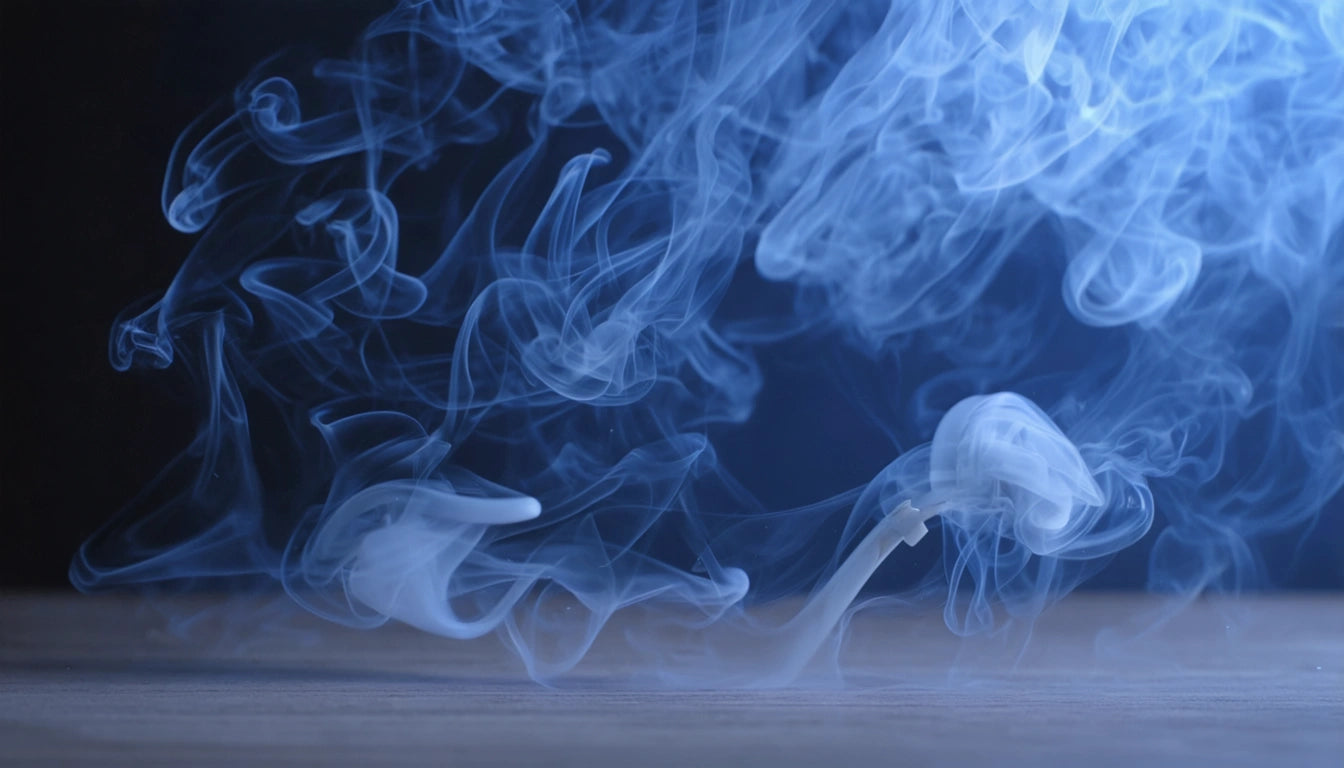Table of Contents
- Federal Legal Framework: Farm Bill and THC Regulations
- Delta-8 THC: The Hemp-Derived Compound's Legal Status
- Delta-9 THC: Where and Why It's Legal
- State-by-State Variations in Delta-8 and Delta-9 Legality
- Consumer Safety Considerations for Delta Products
- Navigating the Legal Complexities of THC Products
Understanding the Legal Status of Delta-8 and Delta-9 THC Across the United States
The legal landscape surrounding cannabinoids like delta-8 and delta-9 THC remains complex and often confusing for consumers and businesses alike. With regulations varying significantly between federal and state levels, understanding delta-8 vs delta-9 legality requires careful navigation of multiple legal frameworks. This guide explores the current legal status of these compounds across the United States, helping you make informed decisions about purchase, possession, and use.
Federal Legal Framework: Farm Bill and THC Regulations
The 2018 Farm Bill created a significant distinction in how cannabis-derived compounds are regulated federally. This legislation effectively legalized hemp, defined as cannabis plants containing less than 0.3% delta-9 THC by dry weight. This created the legal opening that many companies have used to market hemp-derived products.
However, the legal status becomes more complicated when examining specific compounds:
- Hemp-derived CBD is federally legal under the Farm Bill
- Delta-9 THC exceeding 0.3% remains a Schedule I controlled substance federally
- Delta-8 THC exists in a legal gray area when derived from legal hemp
As explained in this detailed breakdown of delta-8 and delta-9 gummies' legal status, the distinction between hemp and marijuana creates the foundation for current regulations.
Delta-8 THC: The Hemp-Derived Compound's Legal Status
Delta-8 THC presents a unique case study in cannabis regulation. While naturally occurring in cannabis plants, it's typically present in very small amounts. Most commercial delta-8 products are created through a chemical conversion process from CBD extracted from hemp.
This production method has created controversy around delta-8's legal status. The DEA has issued statements suggesting that synthetically derived tetrahydrocannabinols remain controlled substances, but enforcement has been inconsistent.
Currently, delta-8 THC derived from legal hemp exists in a federal gray area, with states taking varied approaches:
- Some states explicitly ban delta-8 THC
- Others regulate it similarly to recreational cannabis
- Many have no specific regulations addressing it
Delta-9 THC: Where and Why It's Legal
Delta-9 THC is the primary psychoactive compound in cannabis and remains federally illegal when exceeding the 0.3% concentration threshold. However, there are two main pathways to legal delta-9 THC products:
Farm Bill Compliant Delta-9
Products containing delta-9 THC at concentrations below 0.3% by dry weight can be legally sold under federal law if derived from hemp. This has led to products like gummies that contain small amounts of delta-9 THC but remain technically legal under federal guidelines.
The question of "why is delta-9 legal" in some forms comes down to this specific concentration threshold established by the Farm Bill. As explored in this guide to delta THC variants, the 0.3% limit refers to the dry weight of the hemp plant, not the final product.
State-Legal Cannabis Programs
States with legal medical or recreational cannabis programs permit delta-9 THC products within their jurisdictions, regardless of federal prohibition. Currently, 38 states have medical cannabis programs, and 24 states plus Washington D.C. have legalized adult-use cannabis.
For example, when consumers ask "how is delta-9 legal in Texas," the answer typically involves hemp-derived products staying under the 0.3% threshold, not a full legalization of cannabis.
State-by-State Variations in Delta-8 and Delta-9 Legality
The legal status of both compounds varies significantly by state, creating a patchwork of regulations:
States with Comprehensive Cannabis Legalization
In states like California, Colorado, and Massachusetts, both delta-8 and delta-9 products are generally permitted through regulated cannabis markets, though specific regulations may apply to hemp-derived compounds.
States with Delta-8 Restrictions
Several states have explicitly banned delta-8 THC, including Alaska, Arizona, Arkansas, Colorado, Delaware, Idaho, Iowa, Mississippi, Montana, Rhode Island, and Utah. Others have placed it under the same regulations as delta-9 THC.
States with Hemp-Only Approaches
In states like Texas and North Carolina, hemp-derived cannabinoids including delta-8 and low-concentration delta-9 products may be sold, answering questions like "how is delta-9 legal in NC" or "what states is delta-9 legal" through the hemp-derived loophole.
For consumers asking "where is delta-9 legal," the answer depends on whether they're seeking hemp-derived products (legal in most states) or cannabis-derived products (legal only in states with medical or recreational programs).
Consumer Safety Considerations for Delta Products
Beyond legality, safety remains a critical concern with delta-8 and delta-9 products. The lack of consistent regulations has led to quality and safety issues in some markets.
Proper packaging plays a crucial role in both compliance and safety. Our selection of child-resistant packaging options helps businesses ensure their products meet safety standards while protecting vulnerable populations from accidental consumption.
When comparing delta-8 vs delta-9 legal considerations, consumers should look for:
- Third-party lab testing results
- Clear ingredient listings
- Compliant packaging with child-resistant features
- Transparent sourcing information
These safety measures are particularly important in less regulated markets where product oversight may be limited.
Navigating the Legal Complexities of THC Products
The evolving legal landscape for delta-8 and delta-9 THC products presents ongoing challenges for consumers and businesses. Understanding both federal and state regulations is essential for compliance and risk management.
For consumers asking "are delta-9 products legal" or "what is delta-9 and why is it legal," the answer requires consideration of:
- The source of the delta-9 (hemp vs. marijuana)
- The concentration of delta-9 THC
- State-specific regulations
- Local jurisdiction rules
As regulatory frameworks continue to evolve, staying informed about changes to both delta-8 vs delta-9 legality will remain important for anyone involved with these products. The distinction between federally legal hemp-derived compounds and federally prohibited marijuana-derived compounds continues to shape this dynamic legal landscape.











Leave a comment
All comments are moderated before being published.
This site is protected by hCaptcha and the hCaptcha Privacy Policy and Terms of Service apply.